Half of all plastics ever manufactured have been made in the last 15 years and the production will double by 2050. Why? Because plastic is cheap and easy to use. But its impact can create troubles in the future. Annually, 8 million tons of plastic waste escapes into the oceans from coastal nations.
cirplus was founded in 2018 and this year has been awarded the Best Startup prize at the Green Tech Festival. The company aims to digitalize a market that was complicated and bureaucratic so far. cirplus is a global business to business marketplace for circular plastics. Now it has more than 1.200 companies from 100 countries onboard.
The company from Hamburg was founded in 2018 by Christian Schiller, a serial tech entrepreneur, who was the first employee fpr BlaBlaCar Germany and grew the platform to 80 million users. His cofounder is Volkan Bilic, a web technologies veteran and an expert on blockchain. He also has two years of experience in the plastics industry, having overseen automation of manufacturing processes in Turkey.
After travelling the world for one year, Christian, witnessed the plastic crisis with his own eyes and was inspired to find a solution and thus the idea of cirplus was born.
What does cirplus do to fight the plastic crisis?
To combat plastic pollution, cirplus’s digital procurement platform uses software to bring high-quality recyclates back into the supply chain at a lower transactional cost by using AI-enabled smart matching of supply and demand based on volumes, quality and price. Over time, AI algorithms will predict availability, prices, quality & quantity, providing a reliable recycled plastics commodity index.
The mission is a complicated one. Ensuring a stable supply of quality-assured recyclates is a time-consuming and cumbersome job. For this reason, virgin plastics are still cheaper and more convenient for companies around the world.
„Recycled plastics have several issues including the lack of established standards for vetting quality in a fragmented market, they require time consuming lab-based material testing processes and they lack a transparency on supply quality, quantity and pricing”, says Christian Schiller for Green Start-Up.
„To provide a solution for the industry, cirplus has combined digitalisation and standardisation to create a procurement platform that connects waste managers, recyclers, and product manufacturers to buy and sell plastic recyclates in a reliable and cost-effective way”, explain the representatives from cirplus.
Using its software, cirplus can bring high-quality recyclates back into the supply chain at a lower transactional cost. Before cirplus, waste managers, recyclers and product manufacturers purchased plastic recyclates offline via trade fairs, telephones and fax machines. So this process could sometimes take days or weeks. The platform is a global marketplace, which at peak times has up to 1,3 million tonnes of material listed. After exploring the Germany market, earlier this year it has launched on the UK market.
Why is so complicated to have low cost recyclates?
„The main obstacle in lowering the transactional costs of recyclates and thus establishing a supply chain, is that there is currently no silver bullet to increase recyclates volume. A variety of effective measures are needed”, believes Christian Schiller.
The key can be in the digitalisation of material flows and trade transactions. In Europe alone there is no trace of more than 20 million tonnes of plastic waste. So tracking them is necessary.
„At cirplus our platform proposes the opportunity to track in real-time where waste is currently being generated and processed, and provide data-driven quantities”, explain the startup founders.
Also, another aim for cirplus is to standardize the industry. Unlike virgin plastics, there was previously no standard for recyclates. So the virgin plastics were more attractive, despite its environmental consequences. cirplus led the establishment of DIN SPEC 91446 – the world’s first standard for high quality recycling - alongside the German Institute for Standardization (DIN) and 16 distinguished industry players.
This standard has been established from Novermber 2021 and is integrated into the cirplus software.
„This innovation has made plastic recyclates more cost efficient and accessible to industry by providing evidence of quality when assessed against the new industry standard. Put simply, this has the potential to increase the sale of plastic recyclates and make them a viable option for more buyers, who require specific standards”, explain the founders of cirplus.
"In terms of difficulty of the process of digitalisation, we knew it would be a walk in the park. As is usual in innovation processes, we see "early adopters", especially from Eastern Europe and Asia, who have no fear of contact with our software and even actively support us in its further development. In addition, we are now in talks with major brand manufacturers from the consumer goods and automotive industries to help them become truly circular", tells us Christian Schiller.
The environmental impact of cirplus
Besides transforming an industry, cirplus has an important impact on reducing the plastic waste, which can cause damage for the future of the planet.
„For example, up to 80% of CO2 can be saved by using 1 ton of recycled material, rather than creating new material from virgin plastic. cirplus does this on a huge scale – with over 500,000 tons of material available on its platform, and having onboarded more than 1200 companies from 100 countries onto the platform”, says Christian.
Most plastic waste still ends up in landfills and incinerators. In Germany, for example, 6 million tons of packaging waste is still produced every year and just 25% is recycled.
„ In cirplus’ view, this man-made problem could have already been solved with a smart regulatory policy for the markets. In addition to policy changes, new technologies and investments are needed to increase the amount of high-quality recycled materials”, believes Christian Schiller.
The startup's objective is that in two years will crack the product-market-pricing-fit, which is a hurdle startups need to overcome to flourish.
"Looking further forward, in five years the goal is that cirplus will have become the ultimate global platform for circular plastics, meaning that any company buying and selling recycled plastics across the globe will have just one bookmark in their browser: cirplus", thinks Schiller.
 Vlad Andriescu
Vlad Andriescu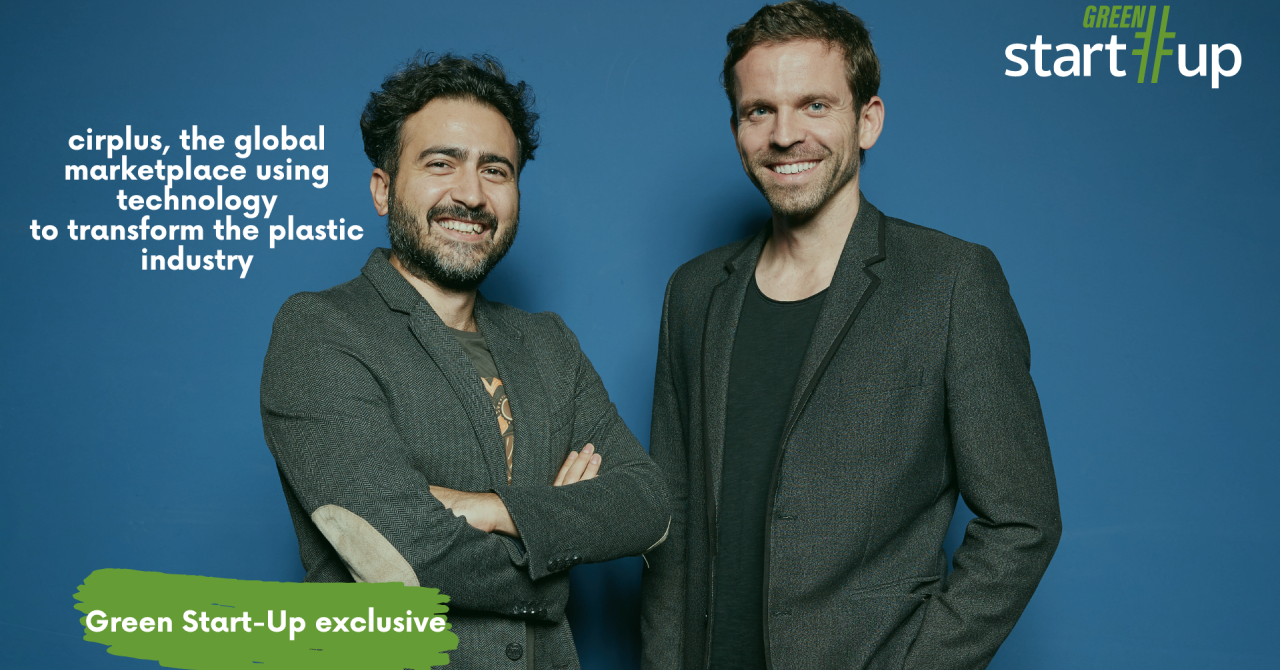
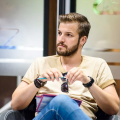
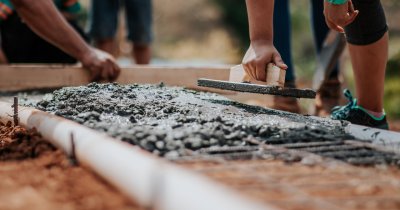
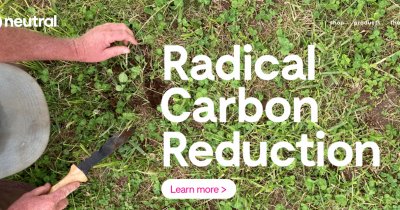






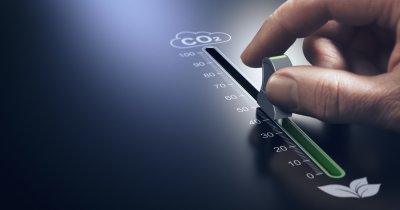
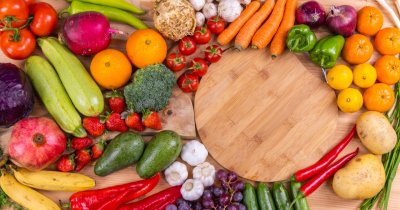

Any thoughts?